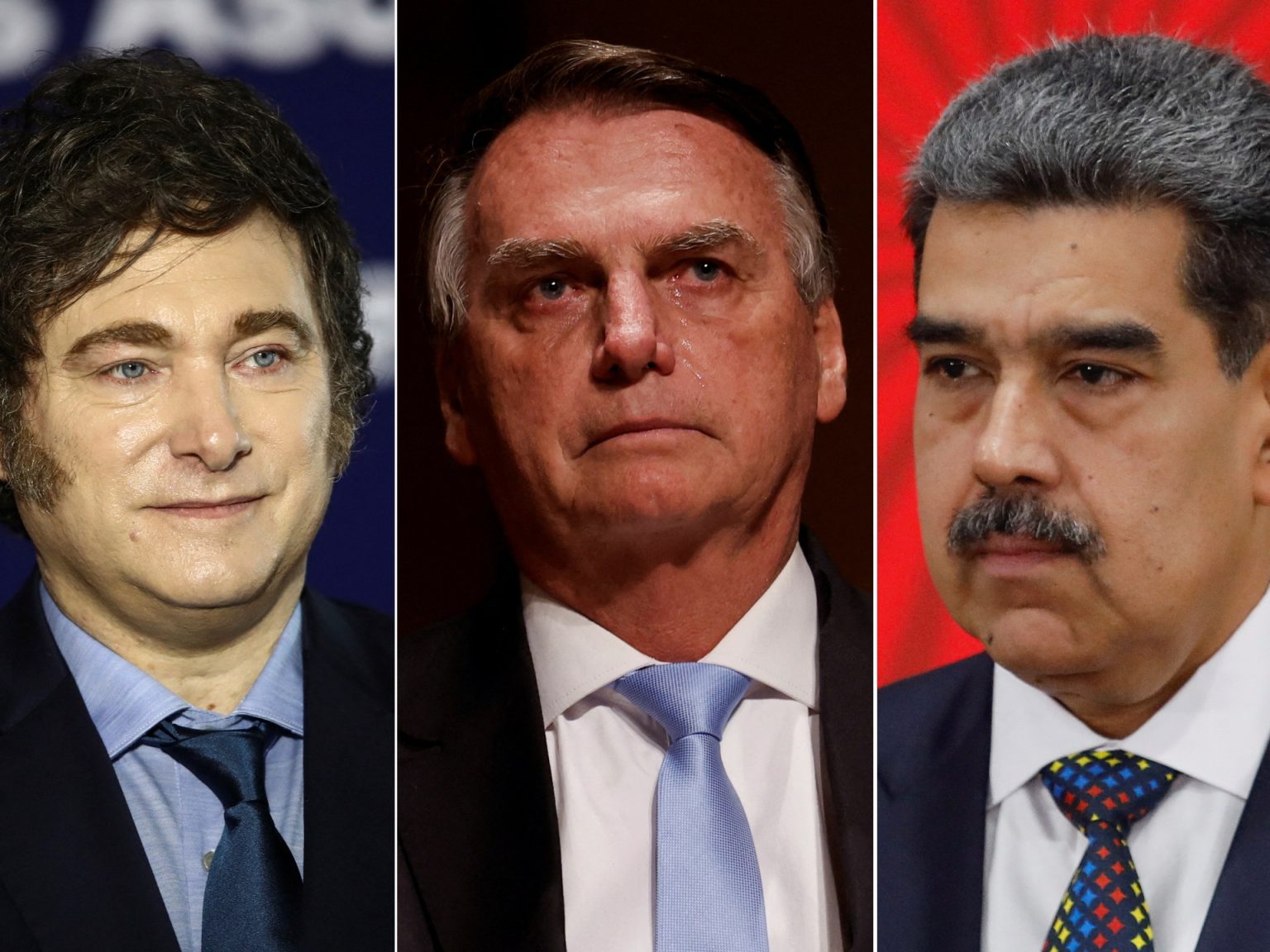1. Political Turmoil in Venezuela: Venezuela experienced significant political upheaval in 2024 following the disputed presidential election. Incumbent President Nicolas Maduro’s claimed victory sparked widespread protests and allegations of fraud. The opposition contested the results, leading to weeks of street demonstrations met with a harsh government crackdown. The resulting violence led to numerous deaths and arrests, drawing international condemnation and raising concerns about human rights violations. Opposition leader Edmundo Gonzalez sought asylum abroad after an arrest warrant was issued, further highlighting the tense political climate and the suppression of dissent within the country.
2. Escalating Gang Violence in Haiti: Haiti faced a worsening security crisis throughout 2024 as gang violence spiraled out of control. Coordinated attacks on prisons and government institutions by armed groups underscored the fragile state of the nation. The political instability was further exacerbated by the resignation of Prime Minister Ariel Henry and the subsequent appointment of a transitional presidential council. Despite the deployment of a UN-backed police mission, gangs continued to exert control over large portions of the capital, Port-au-Prince, displacing thousands of residents and creating a dire humanitarian situation. The ongoing violence hindered access to essential services and led to widespread reports of atrocities. Political infighting further complicated efforts to address the crisis, culminating in the removal of the interim prime minister and the appointment of a new interim leader.
3. Allegations Against Bolsonaro in Brazil: Brazil was rocked by allegations against former President Jair Bolsonaro in November 2024. Police accused Bolsonaro of involvement in a conspiracy to overturn the results of the 2022 election, which he narrowly lost to current President Luiz Inacio Lula da Silva. The accusations centered on a plot to prevent Lula da Silva from taking office, outlining a plan to violently disrupt the democratic process. Bolsonaro vehemently denied the allegations, claiming a politically motivated witch hunt and vowing to fight the charges. This development further polarized the political landscape in Brazil and cast a shadow over the transition of power.
4. Sinaloa Cartel Power Struggle in Mexico: While Mexico held a historic election in 2024, witnessing the election of its first female president, Claudia Sheinbaum, the year was also marked by significant violence, particularly in Sinaloa. The arrest of Sinaloa Cartel leader Ismael “El Mayo” Zambada Garcia created a power vacuum within the cartel, leading to intensified internal conflicts and a surge in violence throughout the state. The ensuing power struggle posed a significant challenge for the newly elected president, as businesses suffered and residents feared for their safety amid the escalating violence. The arrest of Zambada, who claimed he was kidnapped and forcibly taken to the US, added another layer of complexity to the situation.
5. Energy Crises in Ecuador and Cuba: Both Ecuador and Cuba grappled with significant energy crises in 2024. Ecuador faced a severe drought exacerbated by the El Nino weather phenomenon, leading to a reduction in electricity imports from Colombia and prompting a state of emergency. Widespread wildfires further strained resources and compounded the challenges faced by the government. The drought significantly impacted hydroelectric power generation, forcing the implementation of rolling blackouts across the country. Similarly, Cuba experienced multiple nationwide blackouts due to an aging power grid and difficulties in securing sufficient oil supplies. The combined impact of aging infrastructure and external factors, such as reduced imports and extreme weather events, created significant challenges for both nations.
6. Diplomatic Tensions Between Canada and India: Diplomatic relations between Canada and India deteriorated further in 2024 following accusations by Canadian officials that Indian government agents were involved in activities threatening Canadian national security. The Royal Canadian Mounted Police linked Indian agents to homicides, violent acts, and interference in democratic processes. This escalated existing tensions stemming from Canada’s investigation into alleged Indian involvement in the killing of a prominent Sikh separatist leader in 2023. The accusations led to the expulsion of diplomatic staff from both countries, further straining the bilateral relationship and prompting strong denials from the Indian government. The situation highlighted the complexities of international relations and the challenges posed by accusations of state-sponsored violence and interference.
7. Rising Poverty in Argentina: Argentina experienced a dramatic increase in poverty rates in 2024 under the leadership of far-right President Javier Milei. Milei’s libertarian economic policies, including cuts to government programs, led to widespread hardship and protests across the country. The austerity measures, while attracting support from some segments of the population, resulted in increased economic insecurity for many Argentinians. The situation sparked public outcry and raised concerns about the social and economic consequences of the government’s policies. Despite facing opposition, Milei remained a prominent figure within the global far-right movement.

